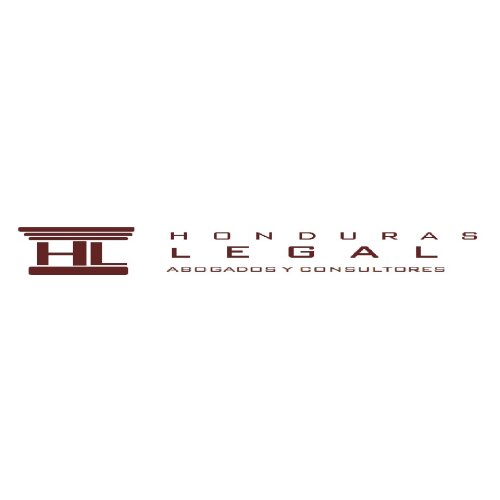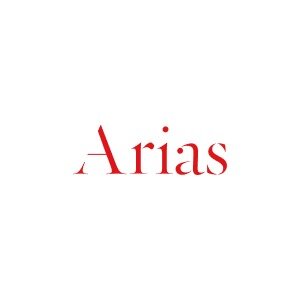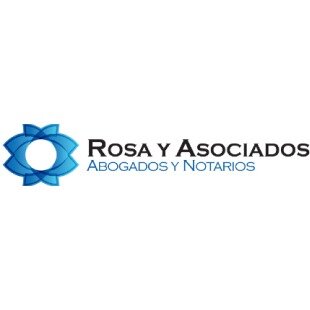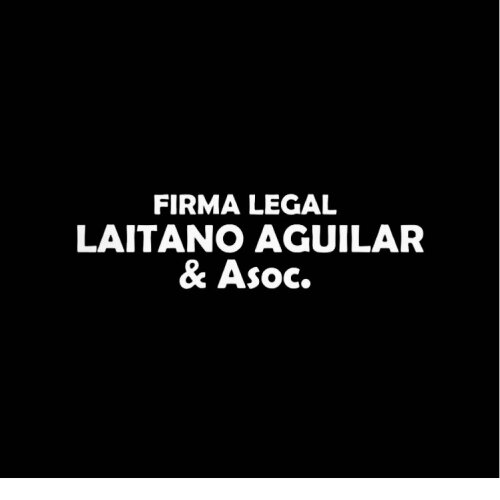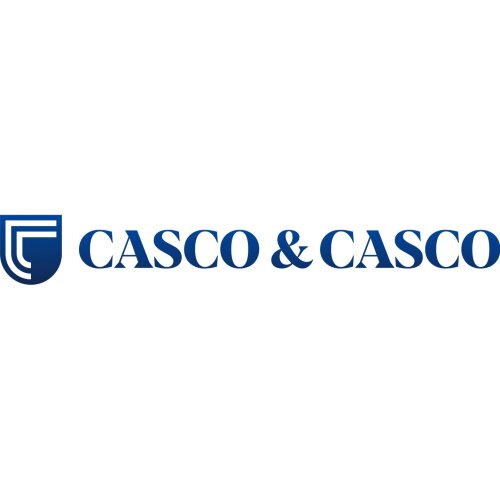Best Public-Private Partnerships (PPP) Lawyers in Tegucigalpa
Share your needs with us, get contacted by law firms.
Free. Takes 2 min.
List of the best lawyers in Tegucigalpa, Honduras
About Public-Private Partnerships (PPP) Law in Tegucigalpa, Honduras
Public-Private Partnerships (PPPs) are collaborative ventures between public entities and private sector partners, typically designed to finance, build, operate, and maintain infrastructure projects or provide public services. In Tegucigalpa, Honduras, PPPs play an important role in enhancing public infrastructure such as roads, airports, hospitals, and energy systems. The Honduran government actively encourages PPPs to promote development, attract investment, and improve the quality of public services. These arrangements are governed by a legal framework that sets out the rights, obligations, and procedures for both public and private parties.
Why You May Need a Lawyer
Working with PPPs involves complex legal and regulatory issues. Whether you are a government official, a private investor, or a consultant, legal support is often essential to safeguard your interests. Lawyers specializing in PPPs can help in several scenarios, including:
- Reviewing and drafting PPP contracts and agreements
- Advising on compliance with national and local PPP legislation
- Assisting with due diligence and risk assessment
- Supporting negotiations between public and private parties
- Representing clients in disputes, mediation, or arbitration related to PPPs
- Guiding foreign investors on local requirements and incentives
- Ensuring proper project structuring and financing
- Navigating procurement processes and public bids
- Interpreting regulatory changes and their implications for ongoing projects
- Resolving issues related to land acquisition, permits, or environmental compliance
Local Laws Overview
Public-Private Partnerships in Tegucigalpa are primarily regulated by the "Ley de Promoción de la Alianza Público-Privada" and its accompanying regulations. Key aspects of the local legal framework include:
- Definition of PPPs and the scope of projects eligible for partnership
- Requirements for transparency and fair competition in project procurement
- Approval processes managed by the Comisión para la Promoción de la Alianza Público-Privada (COALIANZA), the main regulatory body for PPPs
- Specifications for contract duration, risk allocation, and distribution of responsibilities between the public and private partners
- Provisions for dispute resolution, including arbitration procedures
- Guidelines for contract modification, termination, and compensation mechanisms
- Environmental and social impact assessment requirements
- Measures to protect public interest while ensuring reasonable returns for private investors
Adhering to these laws is crucial for the success and legality of any PPP project in Tegucigalpa.
Frequently Asked Questions
What is a Public-Private Partnership (PPP)?
A PPP is a contractual arrangement where a public authority partners with a private company to deliver infrastructure or public services. Each party shares responsibilities, risks, and rewards based on the project terms.
Are foreign companies allowed to participate in PPPs in Tegucigalpa?
Yes, foreign companies are eligible to participate, either independently or in consortiums, but must comply with local legal, financial, and technical requirements.
Who regulates PPP projects in Honduras?
The main regulator is COALIANZA, which oversees the approval, management, and monitoring of PPP projects in Tegucigalpa and nationwide.
How are PPP contracts awarded?
Most PPP contracts are awarded through a competitive tender process, ensuring transparency, fairness, and value for money.
What types of projects are commonly developed through PPPs in Tegucigalpa?
Common projects include transportation infrastructure, public utilities, health services, education facilities, and renewable energy.
How long do PPP contracts typically last?
Contract durations vary according to project size and complexity, but most range between 10 and 30 years.
What are the key risks involved in PPPs?
Risks can include financial viability, delays in project delivery, regulatory changes, and unforeseen legal disputes. Contracts usually allocate these risks between the public and private partners.
Can PPP contracts be renegotiated?
Yes, contracts often include provisions for renegotiation under certain circumstances, such as significant economic changes or unforeseen events.
What happens if there is a dispute between partners?
PPPs in Honduras typically provide for dispute resolution through negotiation, mediation, or arbitration, as specified in the contract and in accordance with national laws.
Do PPP projects require environmental permits?
Yes, all PPP projects must comply with environmental and social regulations, obtain relevant permits, and conduct impact assessments as required by law.
Additional Resources
For more information or assistance with PPPs in Tegucigalpa, the following resources can be especially helpful:
- Comisión para la Promoción de la Alianza Público-Privada (COALIANZA)
- Ministry of Finance (Secretaría de Finanzas)
- Ministry of Infrastructure and Public Services (SOPTRAVI)
- Honduran Bar Association (Colegio de Abogados de Honduras)
- Local law firms with PPP experience
- Chamber of Commerce and Industry of Tegucigalpa
- Development banks and international organizations with PPP programs in Honduras
Next Steps
If you are considering involvement in a Public-Private Partnership project in Tegucigalpa or need legal guidance on any aspect of PPPs, consider taking the following steps:
- Clarify your objectives and the role you wish to play in the PPP arrangement
- Gather relevant documentation related to your project or interests
- Consult with a legal specialist experienced in PPP laws in Honduras
- Prepare a list of questions or concerns to discuss with your lawyer
- Verify the credentials and track record of any legal advisor or firm you engage
- Stay informed about changes in PPP regulations that might affect your project
Seeking timely legal advice helps ensure compliance with the law, protects your investment, and facilitates the successful execution of PPP initiatives in Tegucigalpa, Honduras.
Lawzana helps you find the best lawyers and law firms in Tegucigalpa through a curated and pre-screened list of qualified legal professionals. Our platform offers rankings and detailed profiles of attorneys and law firms, allowing you to compare based on practice areas, including Public-Private Partnerships (PPP), experience, and client feedback.
Each profile includes a description of the firm's areas of practice, client reviews, team members and partners, year of establishment, spoken languages, office locations, contact information, social media presence, and any published articles or resources. Most firms on our platform speak English and are experienced in both local and international legal matters.
Get a quote from top-rated law firms in Tegucigalpa, Honduras — quickly, securely, and without unnecessary hassle.
Disclaimer:
The information provided on this page is for general informational purposes only and does not constitute legal advice. While we strive to ensure the accuracy and relevance of the content, legal information may change over time, and interpretations of the law can vary. You should always consult with a qualified legal professional for advice specific to your situation.
We disclaim all liability for actions taken or not taken based on the content of this page. If you believe any information is incorrect or outdated, please contact us, and we will review and update it where appropriate.



